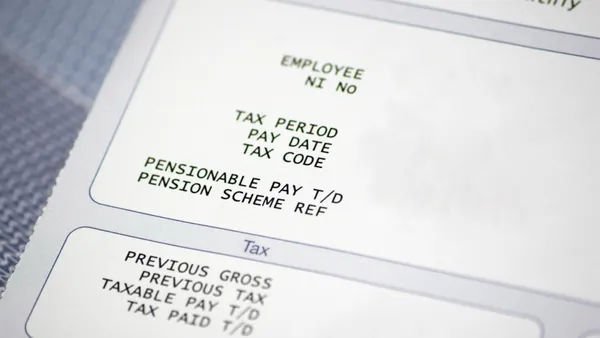Dive Brief:
- About half of retailers say that unplanned absences among staff hurt productivity, add to manager stress and damage team morale, according to the Global Retail Absence survey, What Came First: Retail Absenteeism or Low Engagement? by The Workforce Institute at Kronos Incorporated in conjunction with Coleman Parkes Research.
- More than half of the 800 global retail managers surveyed agreed that poor employee engagement increases absenteeism. Study results suggested that predictive scheduling could be a solution to the cycle of absenteeism.
- Survey results found that unplanned absences and poor engagement create chaos and generate turnover. Most retailers said they think absenteeism negatively affects customer satisfaction (47%) and store revenue (42%), the top metrics for productivity; and only half of retailers use shift-swap technology, or predictive scheduling, even though it can resolve absenteeism problems.
Dive Insight:
Retailers have traditionally struggled with unplanned absences; employees are scheduled or on-call to work a specific shift or number of hours, but can't or don't show up. Unplanned absences reportedly cost retailers one hour for every 10 hours of budgeted labor.
Employees, on the other hand, may wrestle with erratic, unpredictable or last-minute work schedules that leave then unable to plan or attend to personal matters. Emerging as a solution to the problem is predictive scheduling, which provides stability for employees and employers alike. Companies that adopt a predictive scheduling program usually also adopt tech tools that allow workers to select unfilled work shifts, swap shifts with coworkers and find colleagues to fill in for them. Predictive scheduling gives employees more control over their work and personal lives, which can bolster employee engagement and retention.
Walmart announced plans to adopt predictive scheduling in all its U.S. stores in November, but workplaces in general have been slow to follow suit. Some cities like San Francisco, Seattle and New York, however, have passed predictive scheduling laws to protect workers by removing the burden of not knowing what their schedule will be or how much they'll be paid. These laws were adopted to protect largely hourly workers in the retail and food service industries, but other municipalities could follow these cities' lead and adopt their own ordinances.













